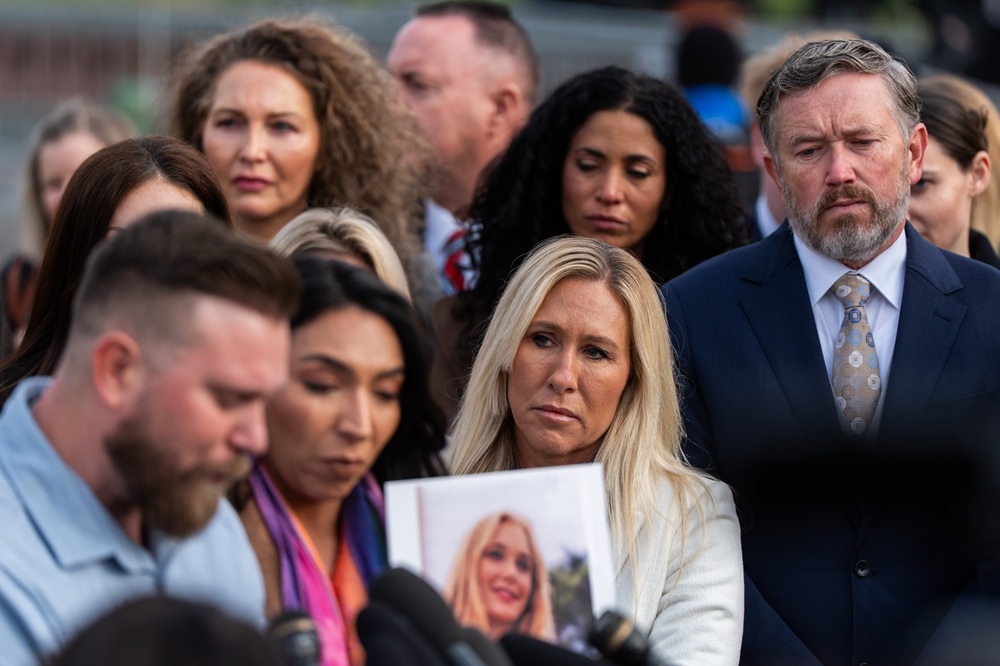A decades-long fight for truth reached a stunning climax Tuesday as U.S. lawmakers overwhelmingly voted to unlock the sealed files surrounding Jeffrey Epstein, the convicted sex offender whose web of abuse ensnared countless lives. The House of Representatives delivered a resounding mandate, demanding the Justice Department release its complete records, a move fiercely resisted for months by powerful figures.
The Senate swiftly echoed the House’s decision, signaling near-unanimous support and paving the way for the bill to land on the President’s desk. This victory wasn’t simply about documents; it was a testament to the relentless courage of survivors who, for years, were ignored, dismissed, and forced to relive unimaginable trauma.
The vote – 427-1 – spoke volumes. Only one representative, Clay Higgins of Louisiana, staunchly opposed the measure, a clear signal of loyalty to the administration that had actively sought to keep the files hidden. The pressure had become immense, a rising tide of public demand for accountability that even the highest offices could no longer ignore.

Outside the Capitol, a powerful scene unfolded as survivors stood alongside Representative Marjorie Taylor Greene, an unlikely ally who championed their cause. Greene described the women’s fight as “the most horrific fight that no woman should have to fight,” emphasizing their unwavering determination in the face of immense power. “They banded together and never gave up,” she declared.
A separate investigation had already begun to reveal the extent of Epstein’s network, exposing connections to global leaders, Wall Street titans, and influential political figures – including the President himself. The release of thousands of pages of emails painted a disturbing picture of a man shielded by privilege and influence.
The President, despite claiming to have severed ties with Epstein long ago, initially attempted to delay disclosure, arguing the files would distract from Republican successes and implicate more Democrats. This claim, however, did little to quell the bipartisan demand for transparency.

For survivors like Jena-Lisa Jones, the political maneuvering was agonizing. “We are exhausted from surviving the trauma and then surviving the political conflicts that surround it,” she stated, directly appealing to the President to end the obstruction. Even having voted for him previously, she pleaded, “please stop making this political.”
The bill’s passage isn’t just about revealing past crimes; it’s about preventing future ones. While the Justice Department had previously released some information, much of it was already public. This legislation compels the release of *all* files and communications related to Epstein, including details surrounding his suspicious death in a Manhattan jail.
Redactions will be permitted to protect victims and ongoing investigations, but crucially, information will *not* be withheld due to “embarrassment, reputational harm or political sensitivity.” This is a landmark provision, ensuring that powerful individuals will not be shielded from scrutiny.
House Democratic leader Hakeem Jeffries hailed the vote as a “complete and total surrender,” a victory for transparency and a recognition of the lives irrevocably “ruined” by Epstein’s crimes. The long-awaited release of these files promises to expose a network of abuse and complicity, finally offering a measure of justice to those who suffered in silence for far too long.





